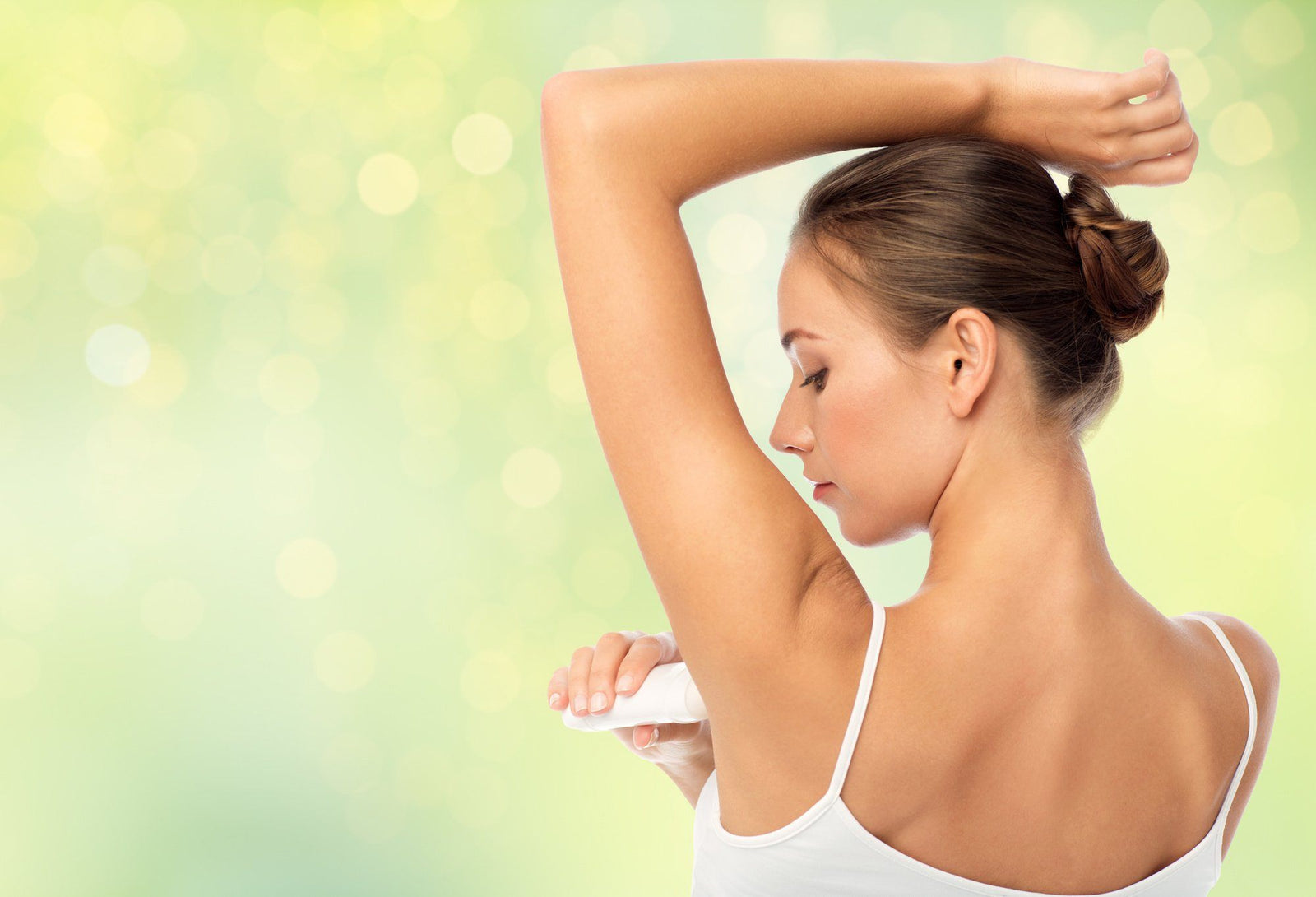Humans have been masking their body odor for thousands of years. Egyptians used a combination of ostrich eggs, tortoiseshell, and gallnuts to mask body odor.
A strong smell was used to mask body odor when bathing was not available and is still a common practice today.
Regardless of your perspective if you want to stop or minimize body odor you need to learn how to choose the best deodorant or antiperspirant.
We've pulled together nine tips to choosing the right deodorant, so read on.
1. Know the Difference Between Deodorant and Antiperspirant
Deodorants and antiperspirants act differently and serve a different purpose. Deodorants focus on eliminating odor by killing the bacteria in sweat. Antiperspirants "stop up" sweat glands and keep sweat from reaching the skin.
Depending on your needs you may want one or both of the functions. If this is the case look for an antiperspirant that has an odor fighter or masking fragrance.
2. How Antiperspirants Work
Antiperspirants work by blocking the sweat glands. This can have a couple of unpleasant side effects.
If you are one of the 4.8% of Americans that have hyperhidrosis, you produce excess sweat using an antiperspirant to block sweat may cause you to produce more excess sweat elsewhere. With hyperhidrosis, your body is looking to release the water so it may look for other avenues.
Antiperspirants work best for normal activities. If you are an athlete or exercising outside in a warm or hot climate, your antiperspirant will more than likely not be able to keep up with the sweat you are producing.
Antiperspirants typically use aluminum to block sweat and in some cases, this can lead to yellow stains on light-colored clothing.
Finally, while the science disputes the idea that antiperspirants are linked to breast cancer or Altizmers many are still concerned about the idea of blocking the body's natural workings. Sweat is a normal part of our body's function.
3. Read the Labels
As with everything you should read the labels, but you also want to know what the labels mean. The Food and Drug Administration monitors antiperspirants and deodorants. For a product to be labeled an antiperspirant, it must cut down on 20% of your sweat over the course of the day.
If you need more than that you may not be happy with the product you choose or you may need to reapply throughout the day.
You should also pay attention to antiperspirants and deodorants that are marketed to men or women. Both will function in the same way but may have different fragrances. Women may benefit from switching to a man's deodorant to avoid the female price markup.
4. Choose A Solid, Roll-On, or Spray
Ultimately your choice of the application comes down to personal preference. Solids go on with more control, but you may end up with some of your deodorant on your clothes.
Roll-ons go on wet, which means that you have to wait for them to dry to prevent any transfer to clothing.
Sprays also go on wet and tend to be more expensive.
5. Fragrances, Oils, and Other Irritants
Along with reading the labels, it is important to look at the fragrances or oils in the deodorant or antiperspirant you choose.
If you are sensitive to smells, go fragrance-free. If you have sensitive skin, some chemicals in deodorants and antiperspirants can irritate the sensitive skin under your arms.
Alcohol is a common ingredient in deodorants and antiperspirants and it works very effectively. Keep in mind that alcohol is also a drying agent so may over-dry, dry skin. There are also very effective for alcohol-free products.
6. Be Open to Change
Just like with shampoos and conditioners you can build up a resistance to antiperspirants. If you find your usual product is not working consider switching it up.
If you are not very active during the day, or you don't sweat a lot during the day try applying your deodorant at night.
7. Natural or Not?
There are many natural deodorants on the market today. Some people choose natural products to prevent exposure to chemicals. Others choose natural deodorants because they don't like the concept that antiperspirants block the body's natural function.
Regardless, the use of natural products is common, so look for a roll-on or solid that is made of aloe or another substance and give it a try.
8. Try the DIY Deodorant and Antiperspirant
Just as natural deodorants are popular, so is making your own. Essential oils like Tea Tree have antimicrobial effects and can make an effective deodorant.
If you prefer a floral scent add in Rosemary or Lavender. Again, the desire to make your own comes down to personal preference and time.
9. Do You Need a Deodorant or Antiperspirant?
As we previously mentioned, body odor is part of our human experience. Over time, we have decided that smells where good and which ones were bad. Today, we often prefer no smell.
While you are choosing the right deodorant or antiperspirant, the answer is sometimes, none.
Science has found that there is a single gene responsible for our body odor. If you don't have that gene, then you don't stink. If you fall into this category, maybe you can avoid deodorant or antiperspirant all together.
Do You Need the Best Deodorant or Other Medical Supplies?
We offer the best medical supplies at the best prices. Contact us and we will find you the best deodorant, the best ostomy care supplies, and the best diabetic care material.


